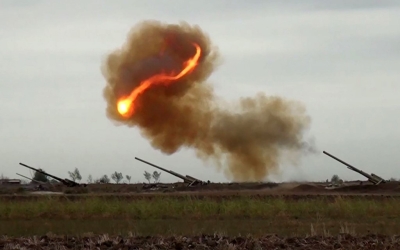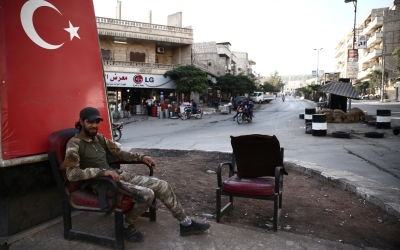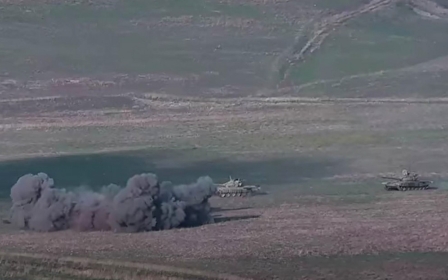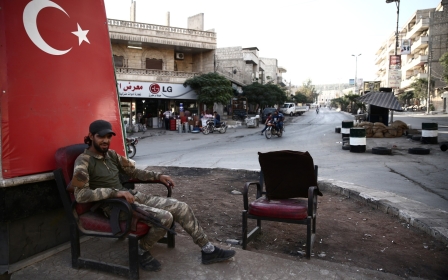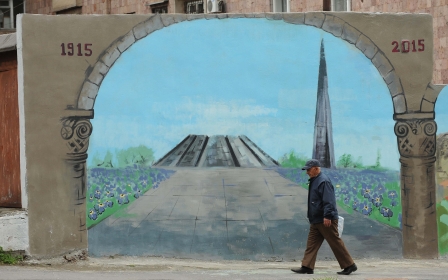Armenia withdraws ambassador to Israel over Azerbaijan arms sales
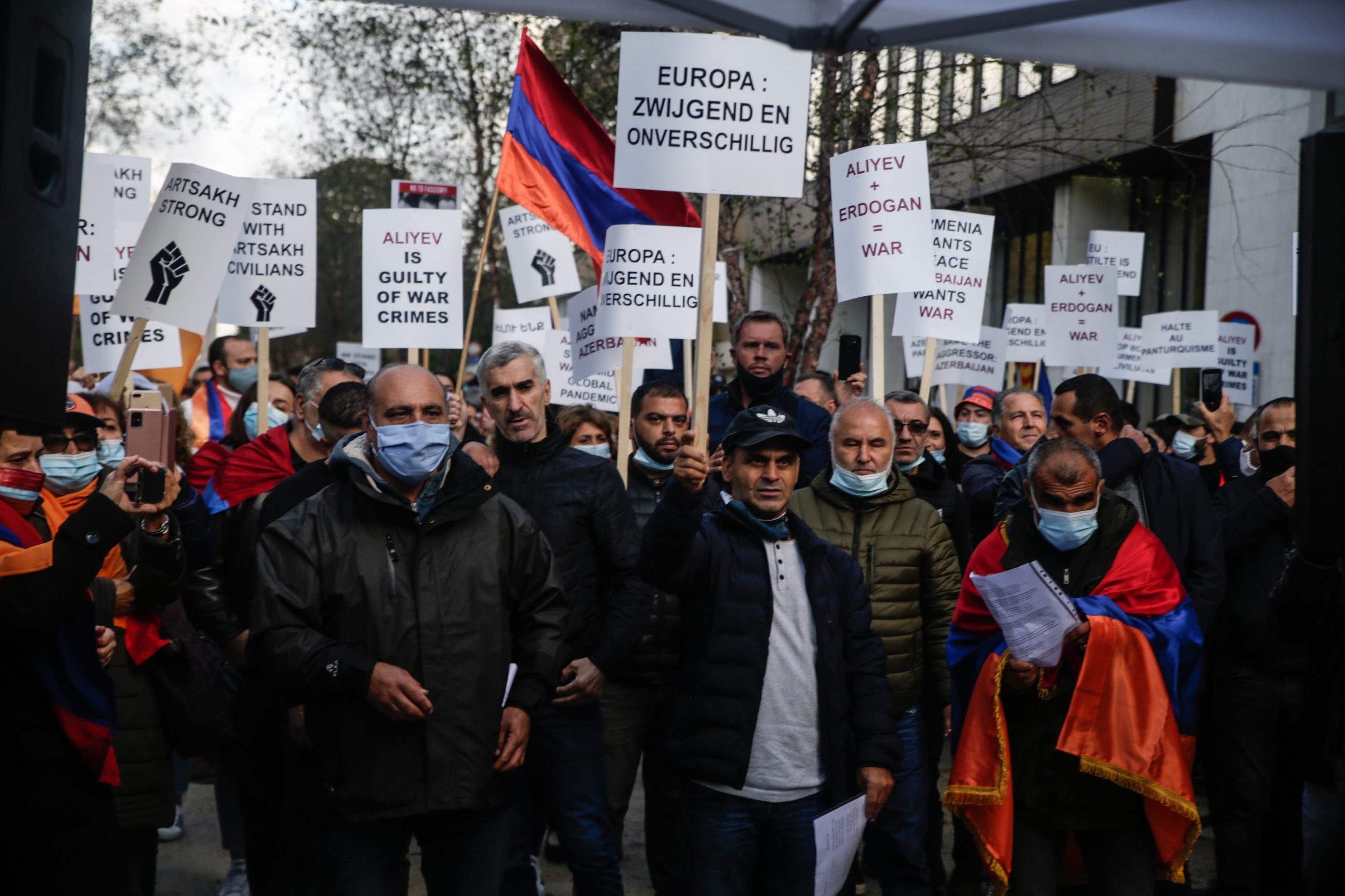
Armenia has recalled its ambassador to Israel over the country's arms sales to Azerbaijan, as the two Caucasus countries continue to clash over the disputed Nagorno-Karabakh region.
Protesting against the Israeli weapons exports on Thursday, Anna Naghdalyan, Armenia's foreign ministry spokeswoman, said: "Israel's workstyle is unacceptable. The ministry has to call back its ambassador in Israel."
Israel's foreign ministry said Armenia's decision to withdraw its ambassador was regrettable.
"Israel attaches importance to our relations with Armenia and sees the Armenian Embassy in Israel as an important tool for promoting those relations for the benefit of both peoples," the foreign ministry said in a statement.
Dozens of people are reported to have been killed and hundreds wounded since fighting renewed in the disputed Caucasus region on Sunday.
Nagorno-Karabakh is internationally recognised as part of Azerbaijan, but is majority ethnic Armenian.
In 1991, the region broke away to form the Artsakh Republic, which led to violent clashes that have left tens of thousands of people dead since then.
Israel and Azerbaijan have long been close allies in the region, while Armenia has enjoyed close relations with Israel's main rival Iran.
Israeli-made drones
The Stockholm International Peace Research Institute (SIPRI) - a leading conflict and armaments think-tank - has reported that Israel provided Azerbaijan with around $825m in weapons between 2006 and 2019.
On Wednesday, Azeri presidential aide Hikmat Hajiyev also told Israel media that Azerbaijan was using "some" Israeli-made drones in fighting around Nagorno-Karabakh.
"[We] have one of the strongest [drone] fleets in the region. And among them we have Israeli ones, we have other drones as well, but Israeli drones especially, including reconnaissance and attack drones, and kamikaze 'Harop' drones, [which] have proved itself very effective," Hajiyev told the Walla news website in a video interview.
Armenia had only inaugurated its embassy in Tel Aviv on 17 September following delays caused by the coronavirus pandemic.
Part of the impetus came from a desire by Armenia to protect the interests of Israel-Palestine's small Armenian community, as well as the Armenian Apostolic Church.
The move was criticised by Iran, though Armenia said it had no desire to risk relations with the Islamic Republic.
Relations between Israel and Armenia had been limited since the latter's independence from the Soviet Union in 1991.
This stems partly from Israel's close relationship with Azerbaijan and its historically close - though now strained - relationship with Turkey.
The Israeli government's refusal to recognise the 1915 Armenian Genocide has been another source of tension, though some Israeli politicians and public figures have broken ranks to call the mass killings of Armenians during World War 1 a genocide.
Despite this, Israel has repeatedly stressed that it is not taking sides in the Nagorno-Karabkh issue - at least partly, according to analysts, out of a desire not to upset Armenia's close ally Russia.
Ceasefire calls
On Thursday, France, Russia and the US called for an immediate ceasefire in Nagorno-Karabakh.
However, Turkey said the three should have no role in peace moves.
Armenia has accused Turkey of taking a hawkish stance on the conflict. Armenia's prime minister went as far as to accuse the country of being on a "genocidal path" again.
"The situation is much more serious [than previous clashes in 2016]," Nikol Pashinyan told France's Le Figaro newspaper in an interview published late on Thursday.
"It would be more appropriate to compare it with what happened in 1915, when more than 1.5 million Armenians were slaughtered during the first genocide of the 20th century.
"The Turkish state, which continues to deny the past, is once again venturing down a genocidal path."
Turkey has said that the killings that took place of ethnic Armenians in what is now the Republic of Turkey did not amount to a genocide.
Recognition of the killings as a genocide, or not, by the international community has often hinged on geopolitics.
Middle East Eye delivers independent and unrivalled coverage and analysis of the Middle East, North Africa and beyond. To learn more about republishing this content and the associated fees, please fill out this form. More about MEE can be found here.


